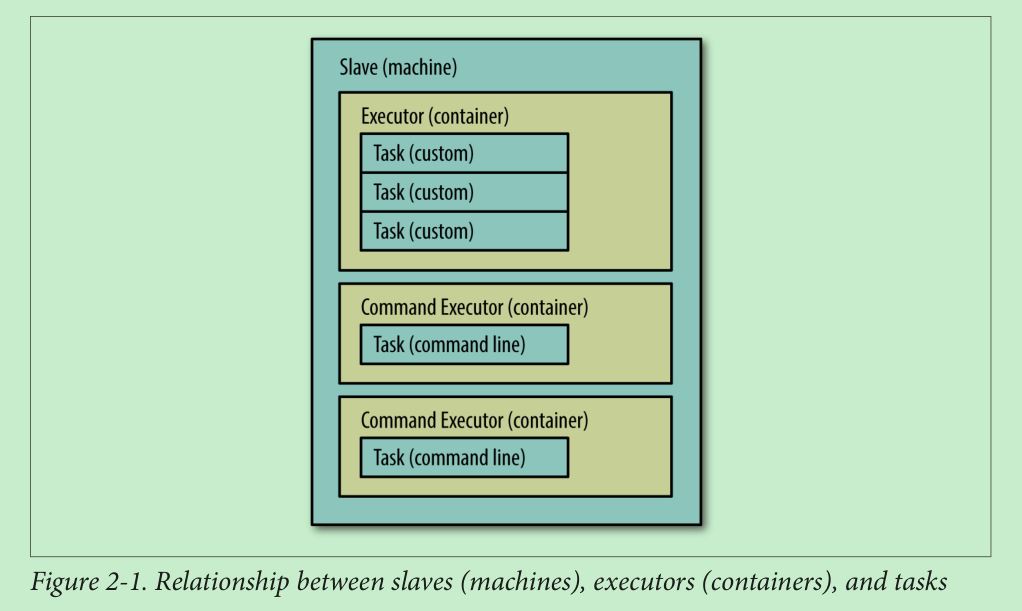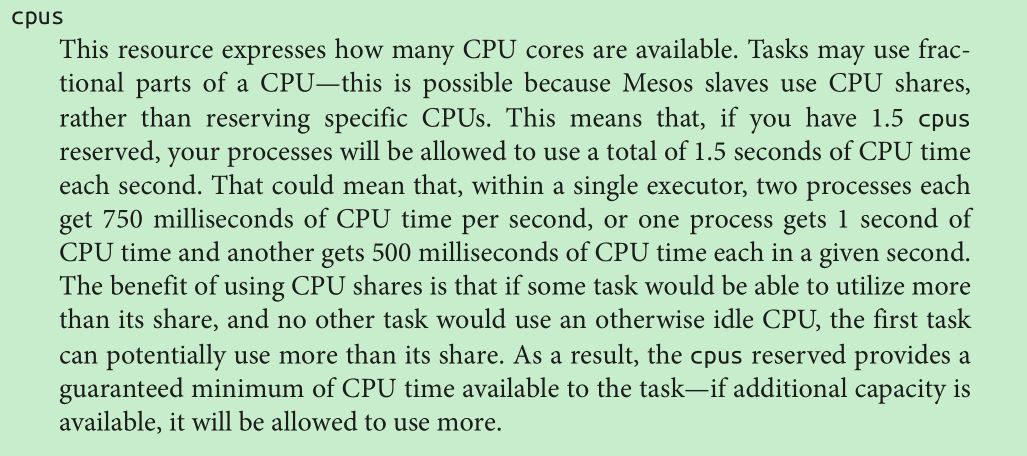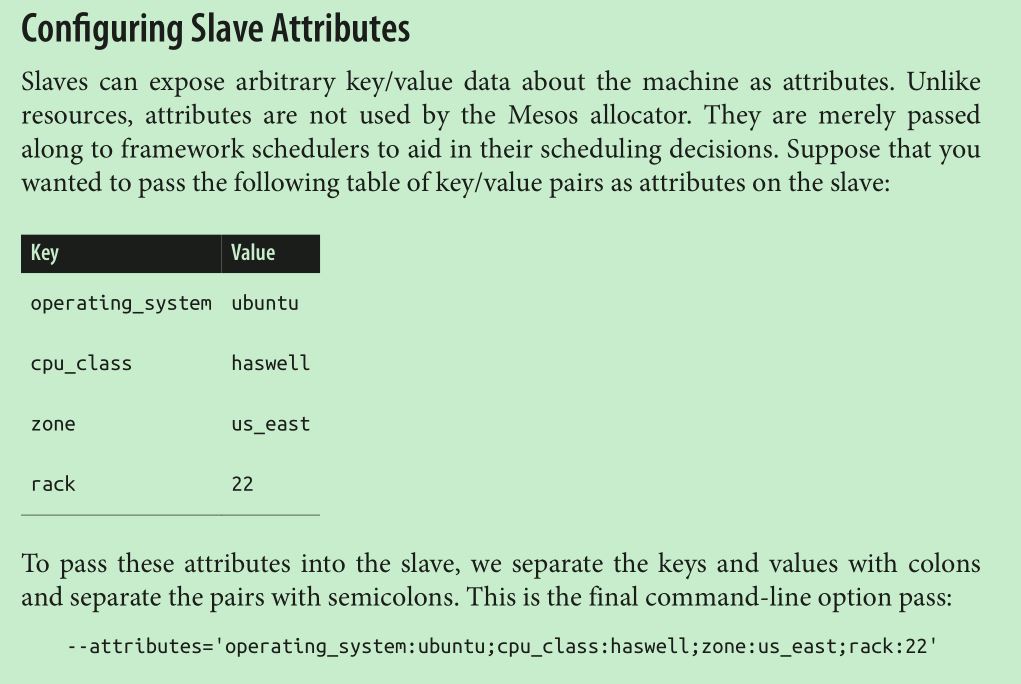默认情况下,Mesos不会输出VLOG函数的log信息。如果想输出的话,需要加上GLOG_v=m:
$ sudo GLOG_v=3 ./bin/mesos-master.sh --ip=15.242.100.56 --work_dir=/var/lib/mesos
WARNING: Logging before InitGoogleLogging() is written to STDERR
I1229 22:42:38.818521 11830 process.cpp:2426] Spawned process __gc__@15.242.100.56:5050
I1229 22:42:38.818613 11846 process.cpp:2436] Resuming __gc__@15.242.100.56:5050 at 2015-12-30 03:42:38.818540032+00:00
I1229 22:42:38.818749 11847 process.cpp:2436] Resuming __gc__@15.242.100.56:5050 at 2015-12-30 03:42:38.818712832+00:00
I1229 22:42:38.818802 11844 process.cpp:2436] Resuming help@15.242.100.56:5050 at 2015-12-30 03:42:38.818746112+00:00
I1229 22:42:38.819092 11844 process.cpp:2393] Dropping event for process @0.0.0.0:0
I1229 22:42:38.819212 11830 process.cpp:2426] Spawned process help@15.242.100.56:5050
I1229 22:42:38.819373 11858 process.cpp:2436] Resuming __gc__@15.242.100.56:5050 at 2015-12-30 03:42:38.819341056+00:00
I1229 22:42:38.819762 11830 process.cpp:2426] Spawned process logging@15.242.100.56:5050
I1229 22:42:38.819864 11830 process.cpp:2426] Spawned process profiler@15.242.100.56:5050
I1229 22:42:38.819890 11854 process.cpp:2436] Resuming logging@15.242.100.56:5050 at 2015-12-30 03:42:38.819844096+00:00
I1229 22:42:38.819907 11849 process.cpp:2436] Resuming profiler@15.242.100.56:5050 at 2015-12-30 03:42:38.819878144+00:00
......







